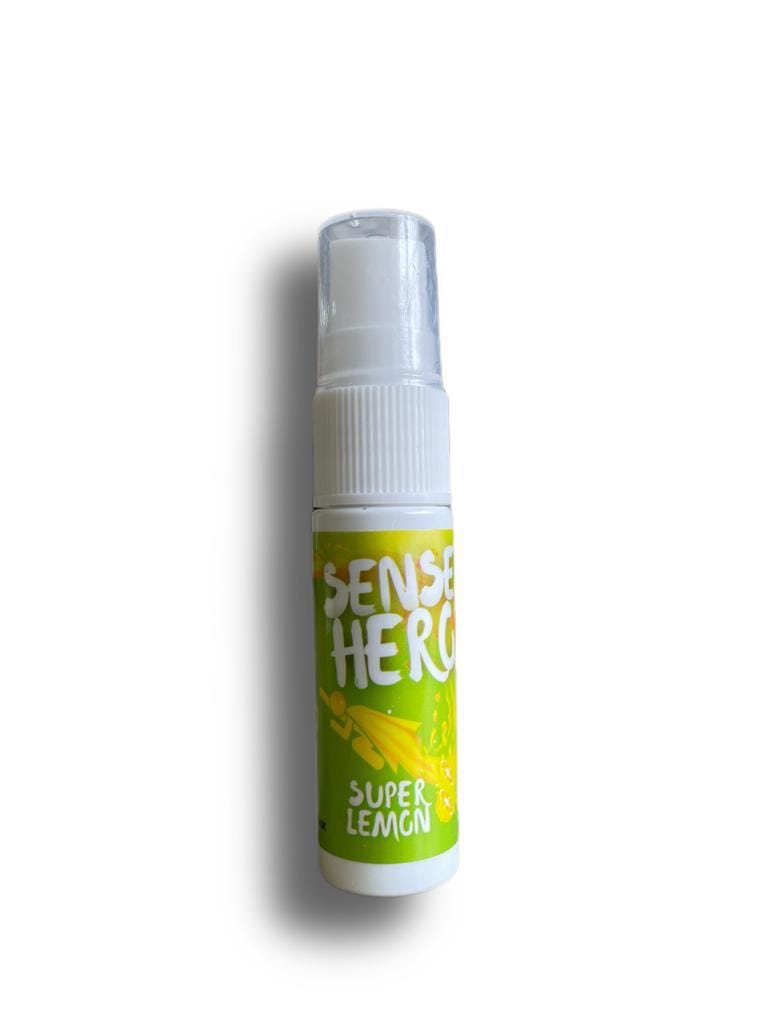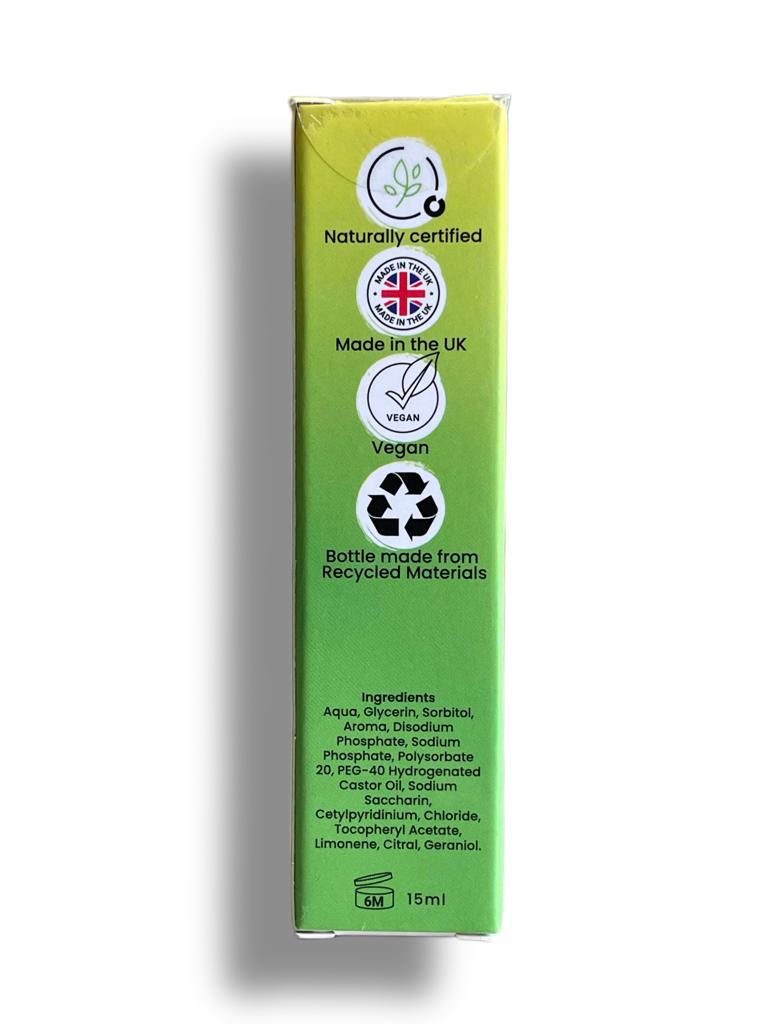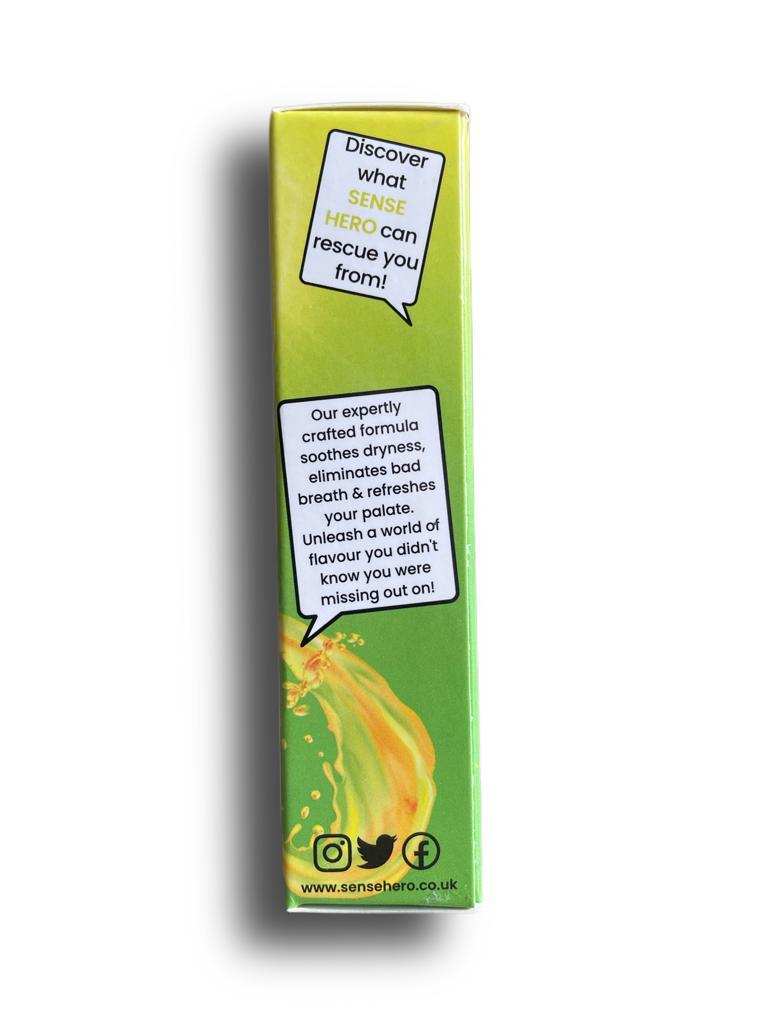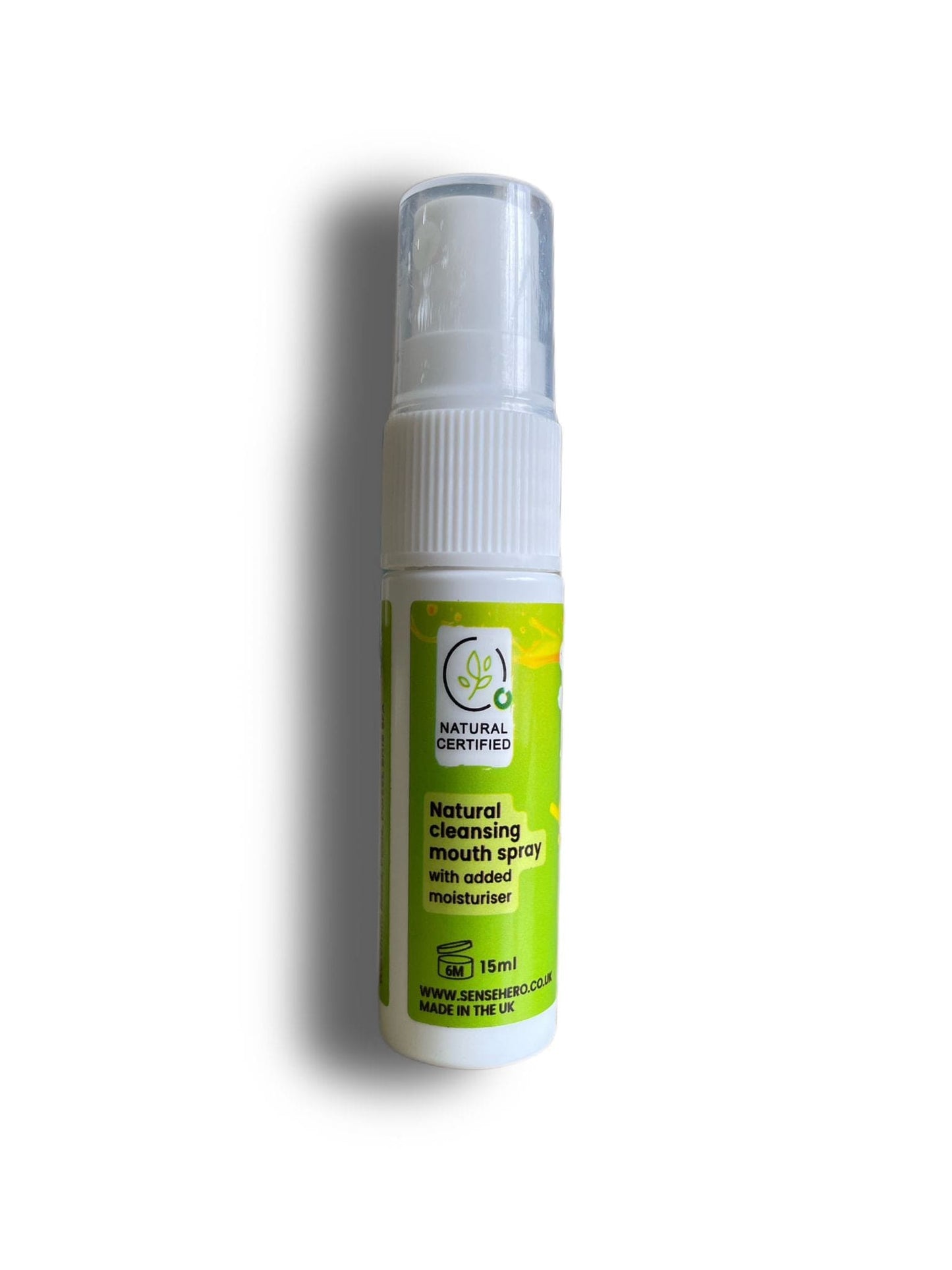Psychological Disorders and Dry Mouth

Table of Contents
- Key Takeaways
- Understanding Dry Mouth
- Common Psychological Disorders Linked to Dry Mouth
- The Physiology of Dry Mouth
- The Link Between Anxiety and Dry Mouth
- Depression and Dry Mouth
- Stress and Dry Mouth
- Management Strategies
- Conclusion
Key Takeaways
- Dry mouth, medically known as xerostomia, is characterized by a lack of saliva production.
- Psychological disorders such as anxiety, depression, eating disorders, and stress are associated with dry mouth.
- Anxiety disorders are a leading cause of dry mouth.
- Depression can contribute to dry mouth through changes in appetite, energy levels, and sleep patterns.
- Stress, whether acute or chronic, can manifest as dry mouth.
- Managing dry mouth associated with psychological disorders requires addressing both the psychological condition and oral symptoms.
Understanding Dry Mouth
So, does stress and anxiety cause dry mouth?
Dry mouth occurs when the salivary glands fail to produce enough saliva to keep the mouth adequately moistened. Saliva serves several important functions in the oral cavity, including lubricating tissues, facilitating chewing and swallowing, protecting against tooth decay and gum disease, and maintaining a neutral pH level. When saliva production is compromised, it can lead to discomfort, difficulty speaking and swallowing, and an increased risk of oral health problems.
Common Psychological Disorders Linked to Dry Mouth
Psychological disorders such as anxiety, depression, eating disorders, and stress are known to be associated with dry mouth. This table outlines these disorders and their related symptoms.
| Psychological Disorder | Symptoms Related to Dry Mouth | Other Common Symptoms |
|---|---|---|
| Anxiety Disorders | - Frequent mouth breathing during anxious episodes - Difficulty swallowing due to tension |
- Racing thoughts - Restlessness - Difficulty concentrating |
| Depression | - Reduced desire to drink fluids due to low mood | - Feelings of sadness or hopelessness - Fatigue - Difficulty sleeping |
| Eating Disorders | - Dehydration due to purging behaviours or restricted food intake | - Preoccupation with weight and food - Electrolyte imbalances |
| Stress | - Increased muscle tension, including facial muscles affecting saliva production | - Headaches - Difficulty relaxing - Irritability |
The Physiology of Dry Mouth
The salivary glands, which include the parotid, submandibular, and sublingual glands, are responsible for producing saliva. Salivation is controlled by the autonomic nervous system, which regulates involuntary bodily functions. Psychological factors can disrupt the signals sent from the nervous system to these glands, leading to reduced saliva output.
The Link Between Anxiety and Dry Mouth
Anxiety disorders are a leading cause of dry mouth. During anxious episodes, the body goes into "fight-or-flight" mode, diverting resources away from non-essential functions like saliva production. This can lead to a feeling of dryness in the mouth, often accompanied by rapid breathing and increased heart rate.
Depression and Dry Mouth
Depression can also contribute to dry mouth. Individuals with depression may experience changes in appetite, energy levels, and sleep patterns, all of which can contribute to dry mouth. Moreover, certain medications used to treat depression (and anxiety), such as selective serotonin reuptake inhibitors (SSRIs) e.g. sertraline, can have dry mouth as a side effect.
Stress and Dry Mouth
Stress, whether acute or chronic, can manifest as dry mouth. When stressed, the body releases hormones like cortisol and adrenaline, preparing it to respond to perceived threats. These stress hormones can suppress saliva production and increase muscle tension, including in the facial muscles involved in chewing and swallowing.
Management Strategies
Managing dry mouth associated with psychological disorders requires a multifaceted approach that addresses both the underlying psychological condition and the oral symptoms. Here are some strategies:

- Therapy: Cognitive-behavioural therapy (CBT) is a widely used therapeutic approach for managing anxiety and depression. CBT helps individuals identify and challenge negative thought patterns and develop coping strategies to manage stress and anxiety. Relaxation techniques such as deep breathing exercises, progressive muscle relaxation, and mindfulness meditation can also help reduce stress levels and promote saliva production.
- Medication: In cases where psychological symptoms are severe or significantly impact daily functioning, medication may be prescribed. Antidepressant medications, such as SSRIs and serotonin-norepinephrine reuptake inhibitors (SNRIs), are commonly used to treat depression and anxiety disorders. While these medications can alleviate psychological symptoms, it's essential to discuss potential side effects, including dry mouth, with a healthcare provider.
- Lifestyle Changes: Practicing good oral hygiene is crucial for managing dry mouth and preventing oral health problems. Brushing twice a day with fluoride toothpaste, flossing daily
Conclusion
In conclusion, anxiety and stress can indeed cause dry mouth. Recognizing the link between psychological factors and oral health is essential for addressing both the psychological and oral health needs of individuals experiencing dry mouth symptoms. By implementing management strategies that target the underlying psychological condition and promote oral hygiene, individuals can alleviate dry mouth symptoms and improve their overall quality of life.
Disclaimer: This article provides general information and is not a substitute for professional medical advice. If you are experiencing dry mouth or symptoms of a psychological disorder, consult a healthcare professional for proper diagnosis and treatment.

Sense Hero
Sense Hero mouth Spray UK: Quick Fix for Dryness, Vapers Tongue and Palate Cleansing
View full details











Sense Hero spray is not a medicinal product and is not intended to diagnose, treat, cure, or prevent any disease. Sense Hero Spray is designed for personal comfort.


